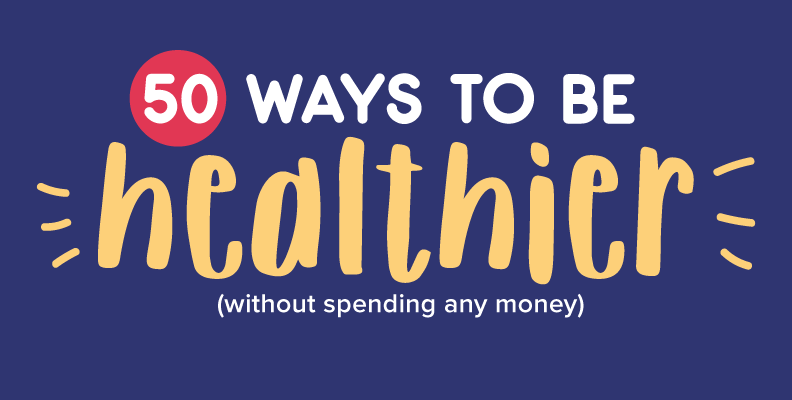If you’re like the majority of Americans, your resolution for the new year probably dealt with the issue of money. In fact, Americans are so money-conscious that “Spend less, save more” was ranked the third-most-popular resolution for 2014. Although it’s an easy resolution to make, it’s not always an easy one to keep. To start 2014 on the right foot, we’ve compiled a list of 10 ways you can start saving money now.
Create an automatic paycheck deduction for savings.
David Bakke of Money Crashers advises, “Direct a modest sum out of each of your paychecks into a separate bank account. A quick call in to your payroll department should do the trick. Use the money for your summer vacation or even gift shopping. If you keep the amount rather low, you won’t notice it at all.“
Skip spending big bucks at the movie theater.
If you can, skip the summer blockbusters. Author Johnathan Ness advises, “Wait for the summer blockbusters to come out to the dollar theater or to Redbox, especially if you have a family. It can cost $50 or more for a family of four to see a movie in theaters, once snacks and drinks are included.”
Take advantage of your 401(k).
“Enroll in your employer’s 401(k), 403(b) or 457 plan,” Jonathan K. Duong, CFA, reminds readers. “Be sure to contribute enough to take full advantage of your employer’s matching contribution.”
Review subscriptions and memberships.
Duong suggests giving current and forgotten subscriptions a long, hard look. “Review all of your subscriptions and other services that are auto-billed to your credit card or checking account. Cancel the services you don’t use.”
Do some auto loan investigation.
“Find a better rate for your auto loan,” says Duong. “Many people never think about it, but you may actually be able to refinance your car loan very easily.”
Shop around for savings account options.
“Ditch your big-bank savings account and increase your interest by up to 20 times,” Duong explains. “Most big banks pay a measly 0.05% to 0.10% interest. However, many online banks and credit unions are currently paying between 0.75% and 1.00% APY.”
Check your credit report and score.
“Take a comprehensive look at what’s there, good and bad, and be sure to thoroughly review your report for any errors or mistakes, especially after the holidays,” Bank of America via Better Money Habits suggests. “You can do this annually for free through AnnualCreditReport.com. It’s also a good idea to check your credit score to see if it’s dropped and to give you a basis for comparison moving forward.”
Don’t go crazy closing credit cards.
“Don’t close your cards,” Better Money Habits warns. “You end up hurting your credit score by increasing your debt-to-limit ratio as well as losing the age and mix of your credit.”
Resolve to pay your bills on time.
“Sure, it’s intuitive,” Better Money Habits admits. “But simply paying your bills on time accounts for 35 percent of your credit score. Make sure all of your holiday shopping bills are paid at least in part — even if you can’t pay them in full.”






